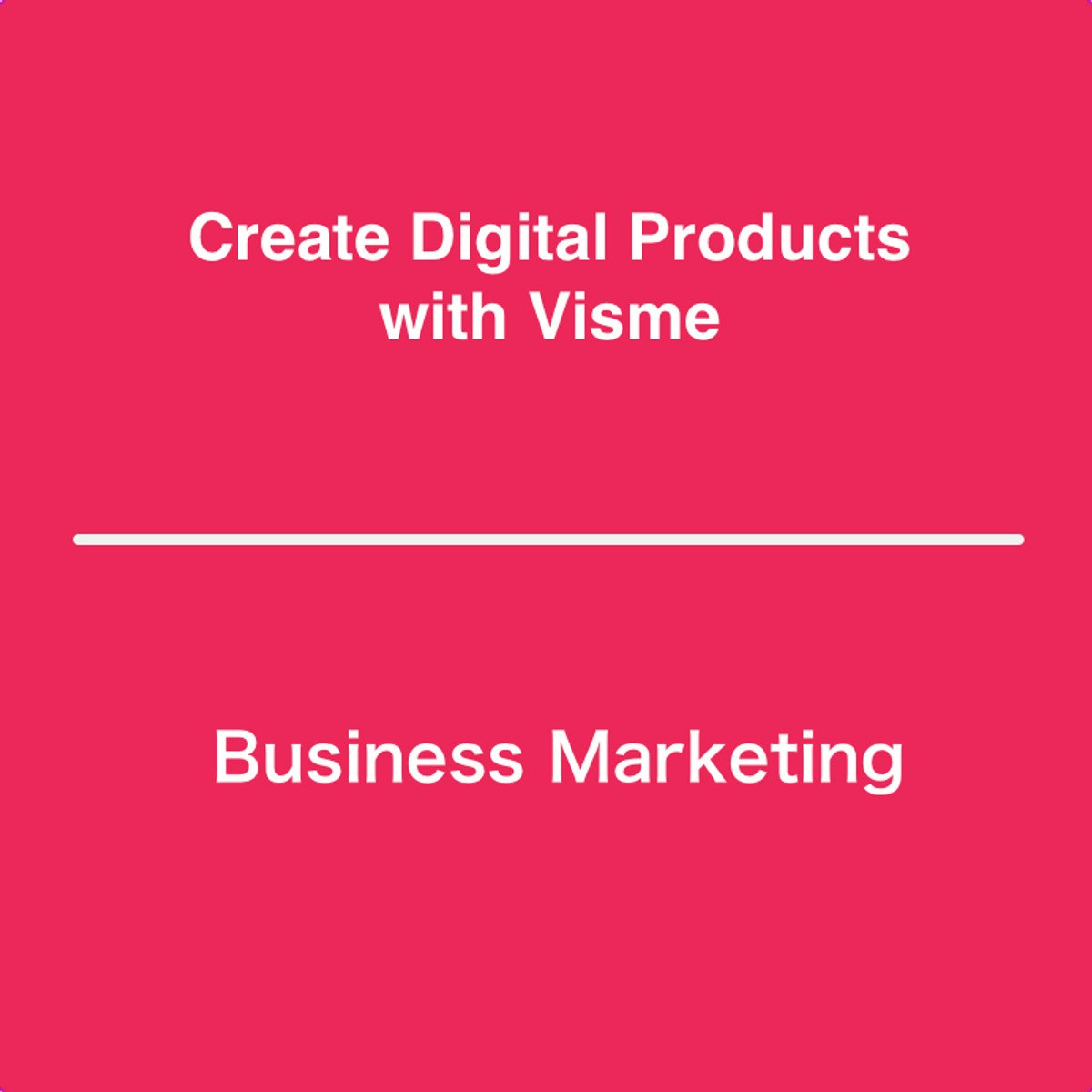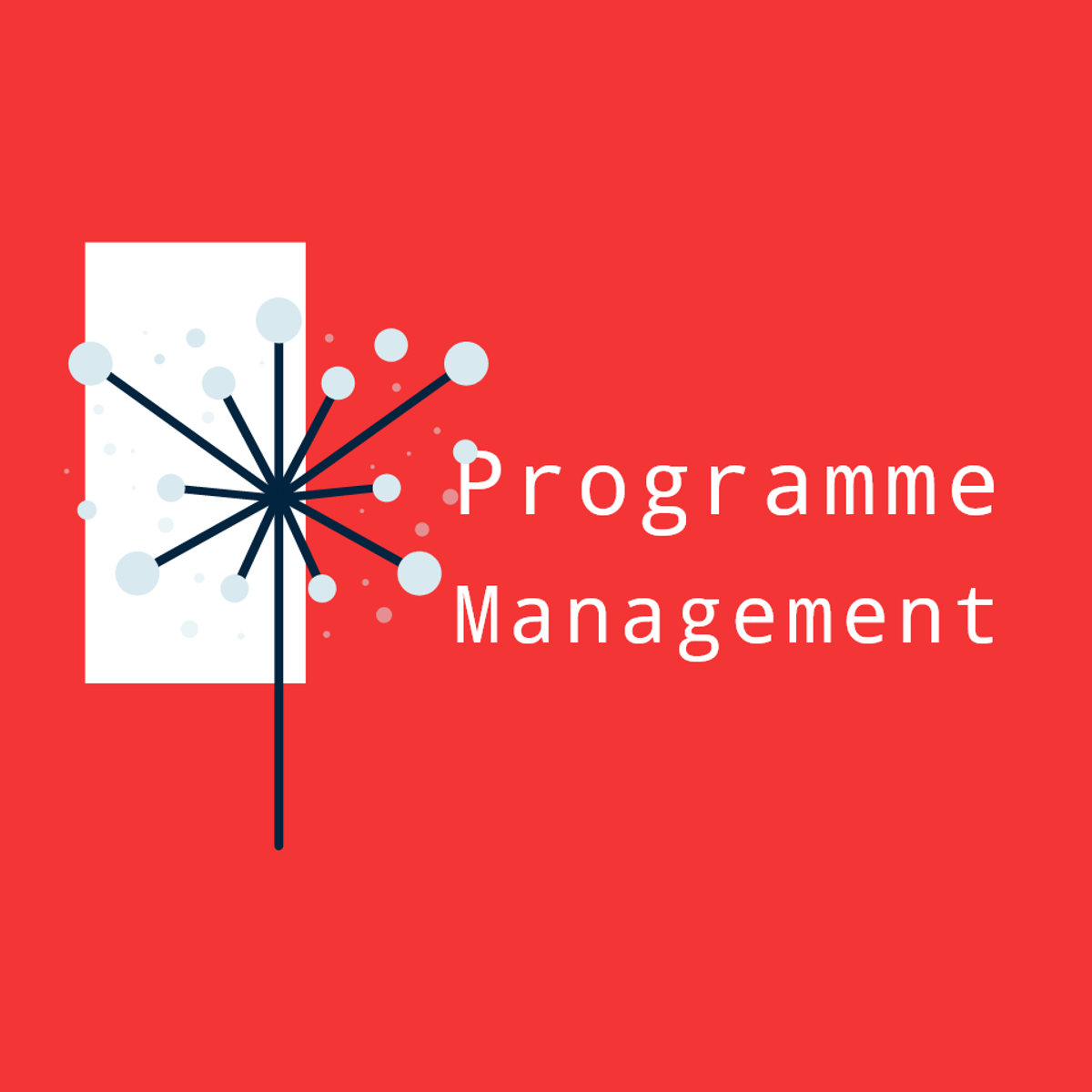Back to Courses









Business Courses - Page 21
Showing results 201-210 of 2058

DFSS for the 6 σ Black Belt
This course is designed for professionals interested in learning the principles of Lean Sigma, the DMAIC process and DFSS. This course is number 8 of 8 in this specialization dealing with topics in Design for Six Sigma
Professionals with some completed coursework in statistics and a desire to drive continuous improvement within their organizations would find this course and the others in this specialization appealing.
Method of assessment consists of several formative and summative quizzes and a multi-part peer reviewed project completion regiment.

International Organizations Management
This course provides an introduction to International Organizations and the United Nations, and explores how business and management tools can be applied in these settings to achieve better, more effective results. With a focus on cross-sector partnerships in a changing world, the course offers you insights into the inner workings of international organizations and the challenges they face today. It will introduce you to effective, state-of-the art management tools and principles to help you lead change in this world – taught by senior staff of international organizations themselves.
This is an introductory course offered by the International Organizations MBA (IO-MBA) of the University of Geneva, an executive program for change-makers in international organizations, NGOs and social ventures.

Building Fintech Startups in Emerging Markets
Starting a small business in an emerging market can be very rewarding. Many of entrepreneurship opportunities in emerging markets arise out of necessity, or the drive to solve a real need or a social problem. Thus emerging markets often offer huge opportunities for disruptive innovation. Entrepreneurship has contributed to economic growth and been able to respond to social problems, helping some communities prosper. With the rise of fintech, financial solutions using technologies such as the cloud, blockchain and machine learning have by-passed or partnered with established financial institutions to serve new markets.
This course takes us through the basics from “What is entrepreneurship?” to applying commonly used business planning tools, such as design thinking and business model canvas. Design thinking is a methodology that encourages startups to focus on user-centric products and services. There are also insights on topics like regulation, intellectual property, funding and growth that are important for startups.
I’ve invited along experts who teach and support entrepreneurs. This includes some really interesting people in various stages of their start-up business development. We will be talking with Zlto (a digital currency), Yoco (mobile payments), Proof of Steak (alternative asset investment) and Kuba (a digital ‘middleman’ for small businesses) to name a few.
As we will learn, there is no such thing as being ‘ready’ or, choosing the ‘perfect time’ to become an entrepreneur. You are already one, so let’s take the next steps on your entrepreneurial journey by joining your peers around the world on this course. This course is for everyone, and not only those interested in only fintech.

Create Digital Products with Visme
By the end of this project, you will create an ebook template and a logo for digital products using the free version of Visme. Your new acquired skills will help you market your business and sell your products in the marketplace.
You will be able to incorporate a color scheme, images, and other design elements for aesthetically pleasing and value added business marketing collateral. We can use Visme to complete this project because it provides all the tools you need to create an organized and visually appealing product while offering a variety of options for sharing and collaboration. You will learn how to plan and organize your ideas and utilize graphic design tools.
This course will include intermediate to advanced level skills. Creating high quality digital products is the perfect way to showcase your design expertise and build business without a large investment.
Note: This course works best for learners who are based in the North America region. We’re currently working on providing the same experience in other regions.

Get Started with Facebook Ads Manager
By the end of this project, learners will know how to get started with Facebook Ads Manager. According to Facebook, “Ads Manager is a Facebook tool that lets you create and manage your Facebook ads. You can view, make changes and see results for all your Facebook campaigns, ad sets and ads. Go to Ads Manager.”
Note: This course works best for learners who are based in the North America region. We’re currently working on providing the same experience in other regions.

Leverage a Johari Window to Develop Strong Teams in Miro
By the end of this project, you will be able to develop strong teams by illustrating and improving self-awareness and growing understanding between team members.
To do this, you will gain hands-on experience leveraging the Johari Window model in the Miro online visual collaboration platform for teamwork.
Note: This course works best for learners who are based in the North America region. We’re currently working on providing the same experience in other regions.

Find a job and submit proposal in Upwork
In this project, learners will know how to find a job and submit a proposal in Upwork as a freelancer. Upwork is a platform for freelancers to find and communicate with clients for different projects. Learning how to find a job and submit a proposal in Upwork is beneficial for freelancers to find new clients and have a consistent workflow. We will find a job in Upwork from a client looking for a freelancer to complete a project. We will then fill out the terms section on the proposal. The terms section is the pay we will be requesting from the client. After that, we will write a cover letter for the proposal for the job. Then we will use the boost feature in Upwork to finish and submit the proposal. Finally, we will see how we find our submitted proposal and how we would communicate with the client.

Program Risk Planning with ClickUp
By the end of this guided project, you will be fluent in creating Program Risk Management artefacts for the Planning Phase for diverse programs. You will utilise a logical diagramming plan in an agile environment to develop the solution. This will enable you to identify and classify the required components for risk planning. Furthermore, it will help develop a structural model for learning about the field of Program Management.
If you are interested in building up the knowledge leading to this guided project, the following is the link to:
[ Developing Programme Management Blueprint with ClickUp]
https://www.coursera.org/projects/program-blueprint
[Advanced Programme Planning Phases Framework in ClickUp]
https://www.coursera.org/projects/program-advanced-planning
This Guided Project is essential for individuals wanting to learn about the field, or looking to transition into working in Program Management. This guided project is designed to engage and harness your visionary and exploratory abilities. You will use proven models in an agile environment with ClickUp to engage in a hands-on learning experience.

Leverage Icebreaker Tools to Run Inclusive Meetings in Miro
By the end of this project, you will be able run effective icebreaker sessions to get to know new team members, break down barriers, warm up conversations to build the foundation for a cohesive development team.
To do this, you will gain hands-on experience leveraging icebreaker tools in the Miro online visual collaboration platform for teamwork.
Note: This course works best for learners who are based in the North America region. We’re currently working on providing the same experience in other regions.

Intro to International Marketing
About this Course
This course brings together two key subjects, International Marketing and Cross Industry Innovation. It will provide the basic foundations of international marketing and then explain how companies can grow by going abroad or sourcing ideas/expanding into other countries or industries. This is summarized as CCCI: Cross-Country and Cross-Industry Innovation, a term and analytical platform used throughout not only this course but others in the specialization. As an introductory course, we keep the concepts short and simple in order to ease learners into the wonderful world of international marketing. More specific operational aspects such as managing the product, price, place and promotion as well as targeting and positioning will be provided in the second course of the specialization.
After you successfully complete this course learners will obtain the following outcomes:
(1) an understanding of the core meaning of marketing and international marketing.
(2) learn that international marketing is about striking the right balance between maximizing the similarities across cultures (Etic approach) and customizing marketing (Emic approach) to important local differences.
(3) learn about how to source or expand into other industries at home or abroad via cross industry innovation.
(4) obtain a solid foundation for subsequent courses such as course 2 (International Marketing Entry and Execution) and the industry-specific courses in the specialization.
Popular Internships and Jobs by Categories
Find Jobs & Internships
Browse
© 2024 BoostGrad | All rights reserved